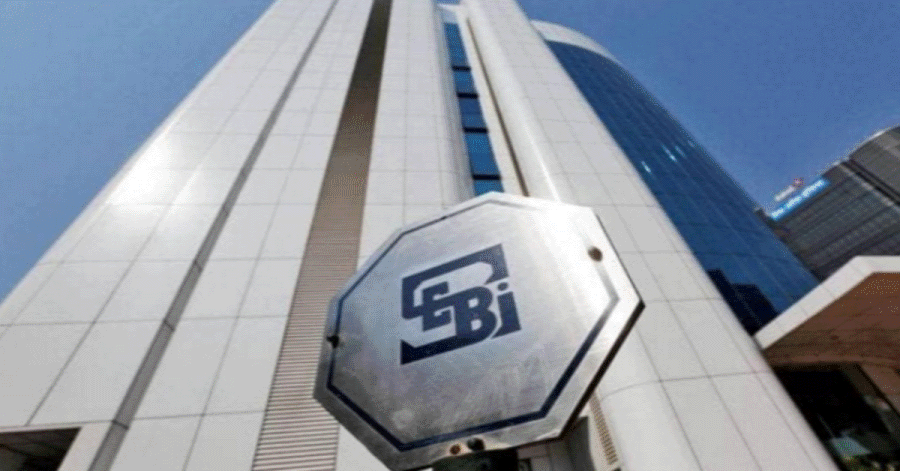The Securities and Exchange Board of India (SEBI) is expected to approve several new regulations in its upcoming board meeting on December 18. These new rules aim to address various aspects of the financial markets, including the process for Small and Medium Enterprises (SMEs) to go public and the management of unpublished price sensitive information (UPSI). Among the most anticipated changes are those related to SME Initial Public Offerings (IPOs).
One of the key changes SEBI is considering is a significant increase in the minimum application size for SME IPOs. Currently, investors can apply for SME IPOs with smaller investment amounts. However, SEBI is considering increasing the minimum application size, potentially raising it to ₹2 lakh or even ₹4 lakh. This change is intended to attract only informed investors who have a higher risk tolerance and understand the complexities involved in investing in SMEs. By doing this, SEBI hopes to ensure that only those with a deeper understanding of the risks in SME investments will participate.
In addition to this, SEBI is considering stricter eligibility criteria for companies wishing to go public through an SME IPO. For a company to make an IPO, the issue size must be at least ₹10 crore. Additionally, the company must have generated an operating profit of at least ₹3 crore in two of the last three financial years before being eligible to apply for an IPO. These conditions aim to ensure that only financially stable companies with a proven track record are allowed to raise money through public offerings.
SEBI is also looking to strengthen the lock-in period for promoters in SME IPOs. Currently, promoters of these companies are required to keep their shares locked in for three years. However, SEBI may extend this lock-in period to five years, ensuring that promoters remain committed to their companies for a longer duration. This measure is expected to provide greater confidence to investors, knowing that promoters have a long-term interest in the company’s success.
Moreover, SEBI is considering increasing the minimum number of allottees in SME IPOs from 50 to 200. This change aims to widen the investor base and encourage more participation from retail investors. It would also make SME IPOs more inclusive, offering smaller investors the opportunity to take part in these public offerings.
Another important change that SEBI is considering is the mandatory appointment of a monitoring agency for companies raising funds through SME IPOs with a fresh issue size greater than ₹20 crore. This agency would be responsible for ensuring that the funds raised are used for the intended purposes and that the company follows all required regulations.
In light of recent controversies, including the cancellation of the SME IPO of Trafiksol ITS Technologies, SEBI is taking steps to strengthen its oversight on SME IPOs. The company had allegedly engaged in questionable dealings with a “shell entity,” which led to the cancellation of its IPO. SEBI instructed the company to refund the money to investors involved. This incident highlights the need for stricter regulations and oversight in the SME IPO space to protect investors and ensure transparency.
As SEBI finalizes these regulations, market participants will be closely watching the outcome of the board meeting on December 18, as these changes could significantly impact the future of SME IPOs and the broader investment landscape.

